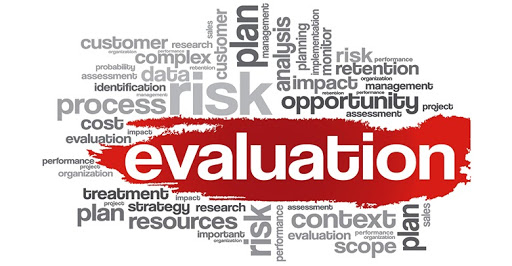Designing Educational Programmes
Designing Educational Programmes
-
Introduction: Few things are more frustrating than spending a lot of time and resources coming up with fantastic eLearning courses and modules only to find that people simply are utilizing them. How do you break through the resistance and motivate people to engage in the eLearning you know will help them reach higher levels of performance? Content: Here are some…
Read More » -
Introduction: The definition of ambiguity tolerance has changed since its inception, and accompanying that change are changes in measurement and the research questions that interest researchers. Ambiguity is becoming more and more a core concept in the complexity of the nowaday society and in the multi-level and multicultural dimension in which we are living and working. Society is full of…
Read More » -
Preparing a training course, seminar or any learning experience should be based on the learners’ needs and their interpretation. It is important for a trainer to identify the main ways and methods to identify learners’ needs and to be aware of the importance of doing this process to base the learning intervention on solid foundations. We can distinguish between “perceived”…
Read More » -
introduction: In general, a trainer is a curious person who likes to investigate new topics, new themes, to test new methodologies and he/she is very curious about learners. It’s very important keeping the curiosity in the field of non-formal education, investigate the framework, getting passionate about the environment. Learners are fully immersed in the context, they bring their vibes, needs,…
Read More » -
introduction: The trainer should be able to apply and not only to know the principles of non-formal learning and, in a way, transforming them into their sessions and passing them to the participants. The principles of non-formal learning should be the basis of the understanding and practices of training proposals and having a clear aim of having an impact on…
Read More » -
Introduction: When we take a step back and attempt to simplify data analysis, we can quickly see it boils down to two things: qualitative and quantitative data. These two types of data are quite different, yet, they make up all of the data that will ever be analyzed. Before diving into data analytics, it’s important to understand the key differences…
Read More » -
introduction: It is very important to understand that the learners don’t feel at same levels (cognitive and emotional) the sincere interest of the trainer/facilitator toward their needs and their experiences that can become part of the training session too. Content: Trainers play an important role in the trajectory of the learner throughout the non-formal training experience. Positive relationships between learners…
Read More » -
Content: Flexible thinking is one of the three main executive skills. The other two are working memory and inhibitory control (self-control). Together, these skills allow people to manage their thoughts, actions and emotions in order to get things done. Think about what might happen when a child encounters a tough math problem. She uses inhibitory control to stay focused. She…
Read More » -
Introduction: We had already discussed the difference between quantitative and qualitative data collection in another article. Here we would like to have a look at the topic from the perspective of psychosocial research. Content: In psychosocial research, ‘quantitative’ research methods are appropriate when ‘factual’ data are required to answer the research question; when general or probability information is sought on…
Read More » -
Introduction: Trainers should be aware of the wider pedagogical background of non-formal learning and having a clear understanding of the importance of their values and key principles. The understanding of those principles is the basis for transferring into learning experiences. Trainers can not only run activities or propose exercises without having clear the framework in which they are working, being…
Read More »









